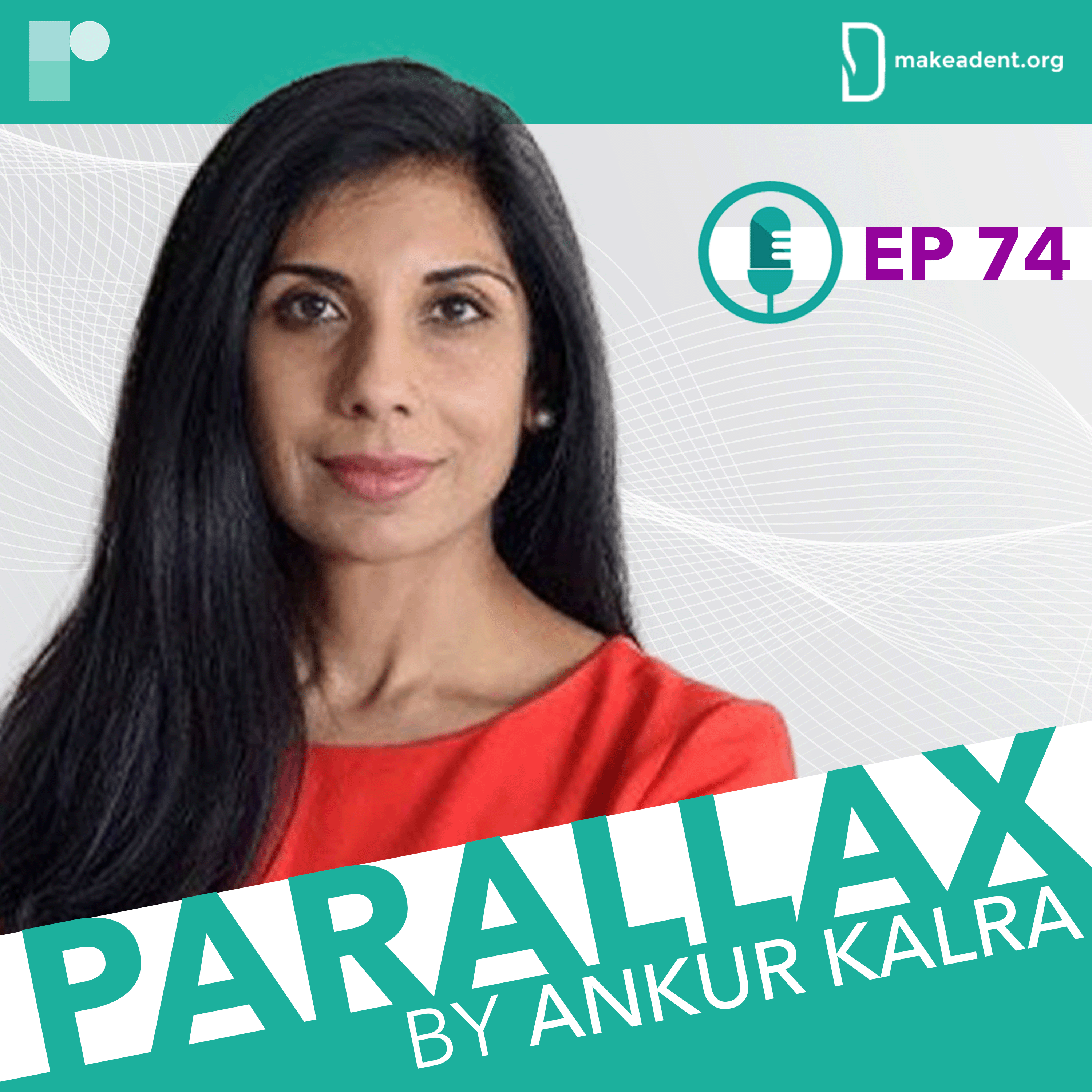
“Seek refuge in the attitude of detachment and you will amass the wealth of spiritual awareness. The one who is motivated only by the desire for the fruits of their action, and anxious about the results, is miserable indeed.”
Bhagavad Gita
In medical school, Dr Chinnaiyan was fascinated with embryology. The question that used to hunt her was how does once cell know to differentiate into so many different organs: what is that knowledge?
In this week’s Parallax, Dr Ankur Kalra welcomes back Dr Kavitha Chinnaiyan cardiologist, Professor of Medicine at Oakland University William Beaumont School of Medicine and accomplished author.
This nurturing episode focuses on questions that touch on what it is that we seek as human beings and how can we cultivate awareness and authenticity while practicing modern medicine. Ankur asks Kavitha about what it means to be spiritual as a cardiologist. Kavitha talks about the experiences made possible by mindfulness. They discuss the difference between conditioning and growth. Kavitha talks about burn out and how we could make changes by embracing medicine not only as a measurable science but as an art.
What is happiness? How can we become more authentic by letting go of judgements? What can we achieve by looking at medicine not only as a science, but as an art?
Questions and comments can be sent to “podcast@radciffe-group.com” and may be answered by Ankur in the next episode. Guest, @ChinnaiyanMD hosted by @AnkurKalraMD. Produced by @RadcliffeCARDIO.
You can find Drs Ankur Kalra, Erin Michos and Kavitha Chinnaiyan’s article on COVID-19 and the healthcare workers here.
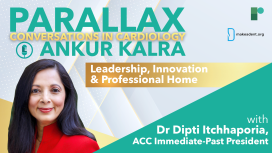



Tune in to discover the strategies that Dr. Kalra and Dr. Alasnag are currently employing and gain insights into how these data will shape their future decision-making in the catheterization laboratory. Don't miss this informative discussion at the forefront of interventional cardiology.

As we adapt to the changes brought about by the pandemic, Dr Singh outlines the necessary steps to foster a reality in which we can utilize these technologies to create more time for human connection.

Dr Owens is Medical Director of the Center for Inherited Cardiac Disease and Associate Professor of Medicine at the Hospital of the University of Pennsylvania.
This series is supported by an unrestricted educational grant from Bristol Myers Squibb. Please see www.camzyosrems.com for important safety information.
This content is intended for US-based physicians.
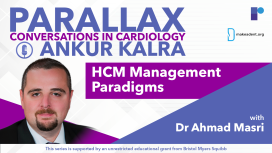
This series is supported by an unrestricted educational grant from Bristol Myers Squibb. Please see www.camzyosrems.com for important safety information.
This content is intended for US-based physicians.
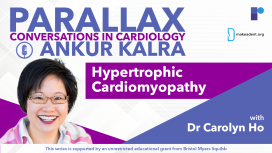
This series is supported by an unrestricted educational grant from Bristol Myers Squibb. Please see www.camzyosrems.com for important safety information.
This content is intended for US-based physicians.
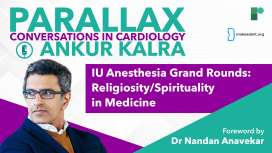
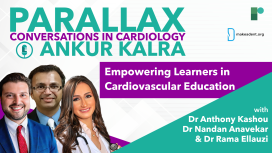




What is the Global Cardiology University project? How does Dr Anavekar encourage trainees to re-examine their role in patient care? What is his advice to our listeners?

As Dr Kalra asks Dr Rao about the ways in which early career faculty members can get involved with the organization at a state level. Dr Rao shares his insider tips and highlights key events where individuals can further their participation.
How can you get involved with your local ACC chapter? How can you improve your leadership skills? What is Dr Rao’s advice for our listeners?

He explains how the complexity of nutrition and the compounds generated by the gut microbiome can impact our health. We learn more about three compounds produced by our gut microbiome that have a strong connection with heart disease.
Through this conversation, Dr Vuyisich invites us to reframe our approach to nutrition and prevention as a question of food education and data-driven science.





